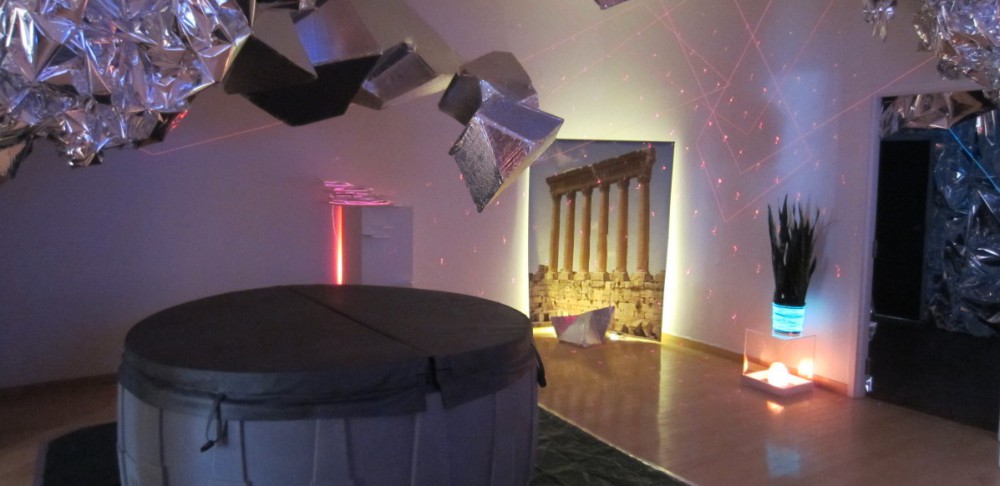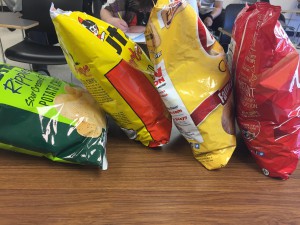Tomorrow is our final class! A few things to keep in mind as we wrap up this semester:
Final Project Presentations (Part II) & End-of-the-Semester Party (yay!)
Tomorrow during class we’ll have presentations from those who did not go on 5/14. Looking forward to hearing your research projects ![]() The list of presenters (in no particular order) is:
The list of presenters (in no particular order) is:
- Chris
- Andrew
- Eugene
- Randy
- Joel
- Surge
- Karl
We will also be celebrating the end of the semester, so I encourage you to bring in snacks to share with the class and we can enjoy refreshments during the presentations (I will bring in some goodies as well). If you plan to bring in snacks, please leave a “reply” to this post letting us know what you will bring, so we have a good mix of refreshment (things like cups, paper plates, and napkins are also important items to bring).
Final Course Reflections
Your Individual Final Course Reflection is due in class on Th 5/21 (this is a mandatory–not optional–assignment). Please visit the Final Course Reflection page on our site for more details on this assignment.
Project #2 Grades / Final Course Grades
The deadline for professors to submit final course grades for the Spring 2015 semester is Tu 5/26 at midnight. Please wait to view your course grade online through CUNYfirst (I will not be giving out final course grades via e-mail).
Final grades are non-negotiable, though I am always more than happy to discuss them/your work with you at any point in person. If you would like to discuss any of your grades/receive additional feedback on Project #2 (project grades will be posted as a “private” comment to your Project #2 posts), you should e-mail me to (we can always also schedule an appointment to discuss your work in-person when we return to campus in August when the new academic year starts up).
Thank you, & stay in touch!
Finally, it was a pleasure to work with you all this semester. I wish you the best of luck wrapping up the semester and on your final exams, and in your future endeavors at City Tech and beyond. You all worked incredibly hard this semester, and I really appreciate your consistent effort and good cheer each week (especially for a 2 1/2 hour class in a hot noisy classroom on the 10th floor!). I hope you enjoyed yourselves and learned a lot about science fiction and critical thinking / reading / writing / reflection. Have a wonderful summer break, & don’t hesitate to be in touch /stop by my office in future semesters to discuss your work in this course/beyond (or chat science fiction in general!), and/or to just say hi ![]()




